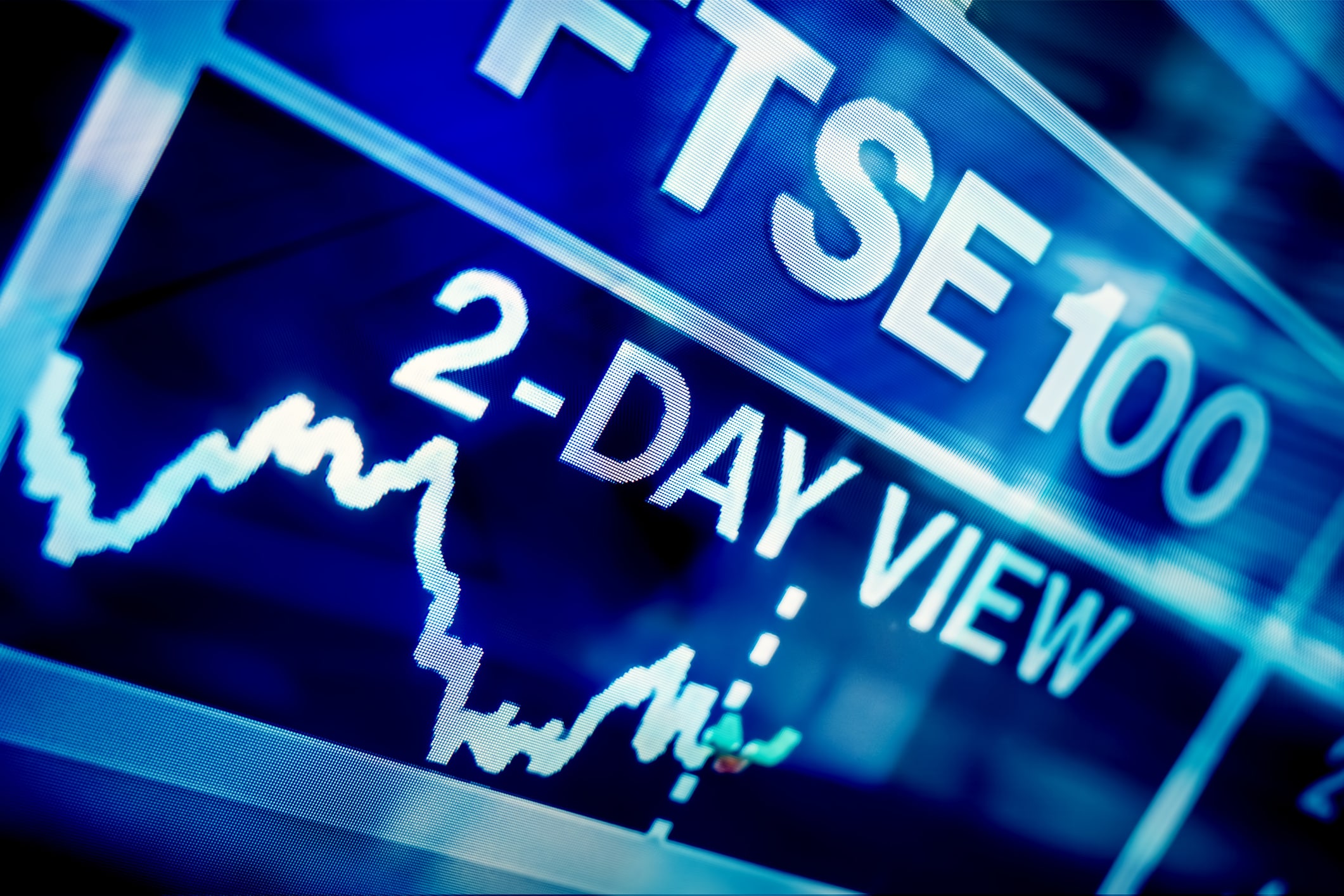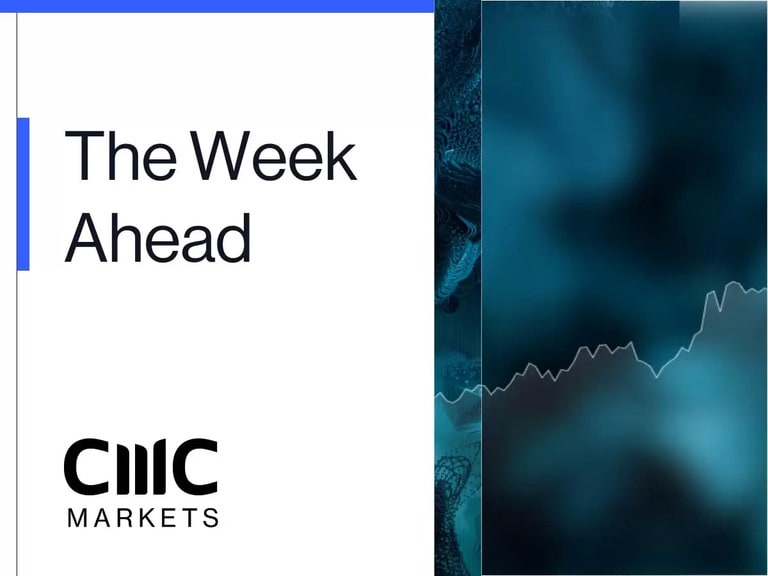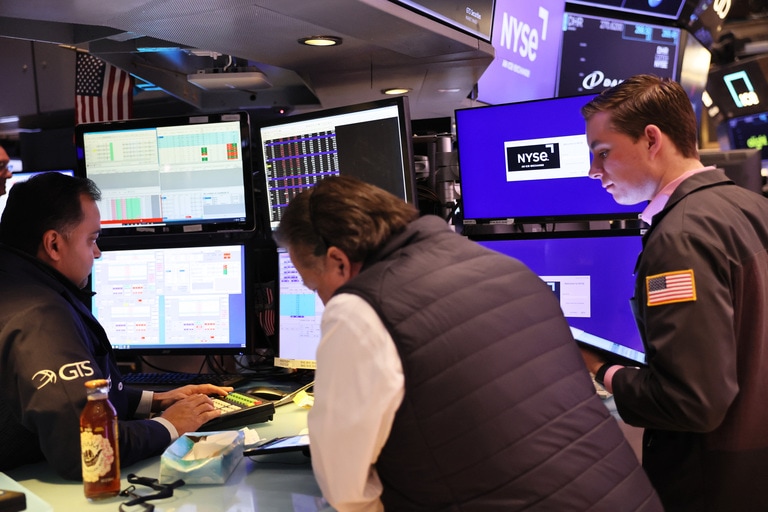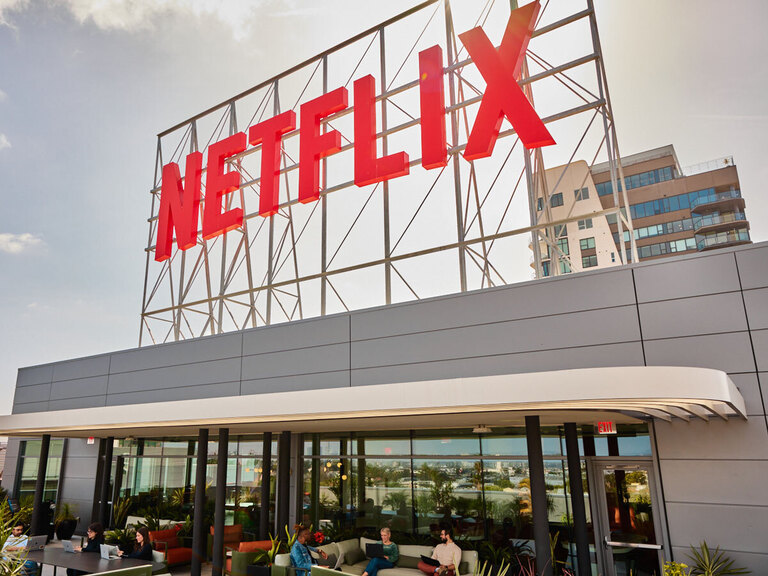European markets have struggled for gains today, although they are off their lows of the day, as the pressure from higher short- and long-term yields, keeps investors cautious about the effect of higher rates might have on margins.
Europe
The added factor of the ongoing uncertainty unfolding in the Middle East isn’t helping either, although the FTSE100 is outperforming due to strong performance in the health care and energy sectors, along with a slightly weaker pound.
AstraZenecashares are gaining after getting a broker price upgrade, while also benefitting from a tailwind from sector peer Johnson & Johnson in the US who upgraded their full year sales view.
BP and Shell are also higher on expectations of higher for longer energy prices.
Rolls-Roycealso looks set for a positive finish after a choppy day, the shares have more than doubled year to date as the turnaround plan set in motion by previous CEO Warren East and carried on by new CEO Tufan Erginbilgic has continued apace.
Today the aerospace and defence business announced further measures to streamline operations as it looks to reduce the global headcount from 42,000 by between 2,000 and 2,500, with the focus on the core business, with engineering technology and safety being rolled up into one division.
St. James Place shares have slipped back further today, having been clobbered over the past week on concerns about how the latest FCA rules on consumer duty could affect its business model.
Today’s Q3 numbers have seen the wealth manager report net inflows of £910m falling short of forecasts and down 58% year on year. The company went on to say that there would be a hit to its revised charging structure, which it estimates could cost about £150m between 2023 and 2025, and this is acting as a drag.
US
US markets opened slightly lower after better-than-expected September retail sales, which came in well above forecasts, rising by 0.7%, while August was revised up to 0.8%. This resilience has put upward pressure on yields, as markets start to price in the prospect of one more rate hike, with the 2-year yield looking to retest the September peaks at 5.2%, while the 10-year yield has pushed back to 4.8%.
On the earnings front we’ve seen the release of the latest set of numbers from the big US banks.
It’s not been a great year share price wise for Goldman Sachs with the shares languishing close to their lows of the year. Their Q2 numbers were disappointing with profits falling short of market expectations, falling 58% due to a $584m impairment tied to its GreenSky operation while there was also a $485m in respect of real estate write-downs. Last week Goldman Sachs finally bit the bullet on GreenSky, agreeing a deal to sell it to a private equity group which they said would impact today’s Q3 numbers. Today’s Q3 profits came in at $5.47c a share, a fall of % from last year’s $8.25c a share. Q3 revenues also declined slipping to $11.82bn, however this was still ahead of expectations. On the plus side there was an improvement in its equities division, which grew revenues by 8% from last year, as did investment banking. FICC revenues slowed modestly by 6% to $3.38bn. The bank set aside $7m in respect of credit losses.
With the shares close to their lowest levels since October 2020 the Bank of America share price has been on a slow slide lower since the bank released its Q2 results back in July. The decline in the share price has come about despite a positive set of Q2 results which saw the bank report a 19% rise in profits. Today’s Q3 numbers have been similarly positive with revenues of $25.17bn, a rise of 3% from last year, while profits increased 10% to $0.90 per share, or $7.8bn. This time we have seen a positive response, helped by a strong performance in its global markets division which saw sales and trading revenue increase by 8% to $4.4bn, with both FICC and equities trading revenue seeing solid growth, helping to generate a return of $1.2bn.
As far as the underlying US economy is concerned the consumer banking division saw average deposits decline 8%, while average loans saw an increase of 3%, as did combined credit and debit card spending. All in all, today’s numbers appear to point to a slowing US economy, but certainly not one that is showing any significant signs of financial stress, with the bank setting aside a further $336m in provisions for loan losses.
Nvidia shares have dropped sharply lower after it was confirmed that the US had banned the company from selling its A800 and H800 chipsets to China.
Broadcom and VMWare shares are on the back foot over concern that there could be a delay in approving the deal by Chinese regulators. China is the last regulator needed to approve the $61bn deal, having been approved by UK regulators back in August. There doesn’t appear to be any concern that the deal won’t be approved, just concern that approval might be delayed, or have conditions attached to it.
FX
The latest UK wages numbers showed that wage growth slowed from 7.9% to 7.8% in the 3-months to August, in a sign that wage growth is continuing to slow and offering encouragement to the Bank of England that they won’t have to raise rates again when they next meet in November, with the pound sliding back.
If headline inflation also shows further signs of slowing when tomorrow’s CPI numbers are released, then consumers may well start to breathe more easily in the hope that rates have peaked, and that further increases won’t be needed.
The New Zealand dollar is the worst performer after headline CPI for Q3 came in lower then expected in data released yesterday evening.
The Australian dollar has rebounded after the latest RBA minutes showed a slight hawkish tilt which has prompted some short-covering, after it was revealed that another 25bps rate hike was discussed.
Crude oil prices are treading water just below recent highs after it was announced that President Biden would be visiting Israel in the coming days. This would suggest that an Israeli ground incursion into Gaza remains some way off and could happen after Biden departs at the earliest. Talk of an easing of sanctions on Venezuelan oil is also helping to keep a lid on the upside, however markets continue to remain on edge given some of the rhetoric coming out of Iran.
Gold has continued to remain well supported despite today’s rise in yields, with haven demand helping it to drive back towards the highs of last week, and the 200-day SMA.
Volatility
Drugmaker Pfizer’s stock saw elevated levels of price action on Monday in the wake of quarterly earnings news. Whilst the headline grabbing element was a significant reduction in expectations of the COVID-19 vaccine sales going forward – something that resulted in read-across to many sector peers – markets were more receptive to word of a $3.5 billion cost saving scheme. Having lost ground ahead of the weekend break, the underlying rallied by more than 3% yesterday lifting one day vol to 63.78% against 36.96% for the month.
The Nikkei was the most active equity index on Monday following a marked sell-off for the Japanese stocks. Waning risk appetite amidst concerns over the Middle East conflict was seen as being behind the move, although with Wall Street eager to look beyond this, the downside here has been limited, one day vol on the Nikkei printed 19.73% against 17.56% for the month.
Crude oil prices are also paring gains, despite hawkish calls over what might happen in this market if the situation in the Middle East escalates further. The UK Brent Crude contract was the outlier, with one day vol advancing to 33.62% against 29.53% on the month, whilst WTI was similarly placed at 34.7% on the day and 32.4% on the month.
And a brief foray higher for Bitcoin was reported, briefly testing the $30k mark on some exchanges yesterday in the wake of inaccurate news over ETF approval. That saw price action increase across the asset class. One day vol on BTCUSD hit 97.74% against 35.24% on the month.
Disclaimer: CMC Markets is an execution-only service provider. The material (whether or not it states any opinions) is for general information purposes only, and does not take into account your personal circumstances or objectives. Nothing in this material is (or should be considered to be) financial, investment or other advice on which reliance should be placed. No opinion given in the material constitutes a recommendation by CMC Markets or the author that any particular investment, security, transaction or investment strategy is suitable for any specific person. The material has not been prepared in accordance with legal requirements designed to promote the independence of investment research. Although we are not specifically prevented from dealing before providing this material, we do not seek to take advantage of the material prior to its dissemination.







